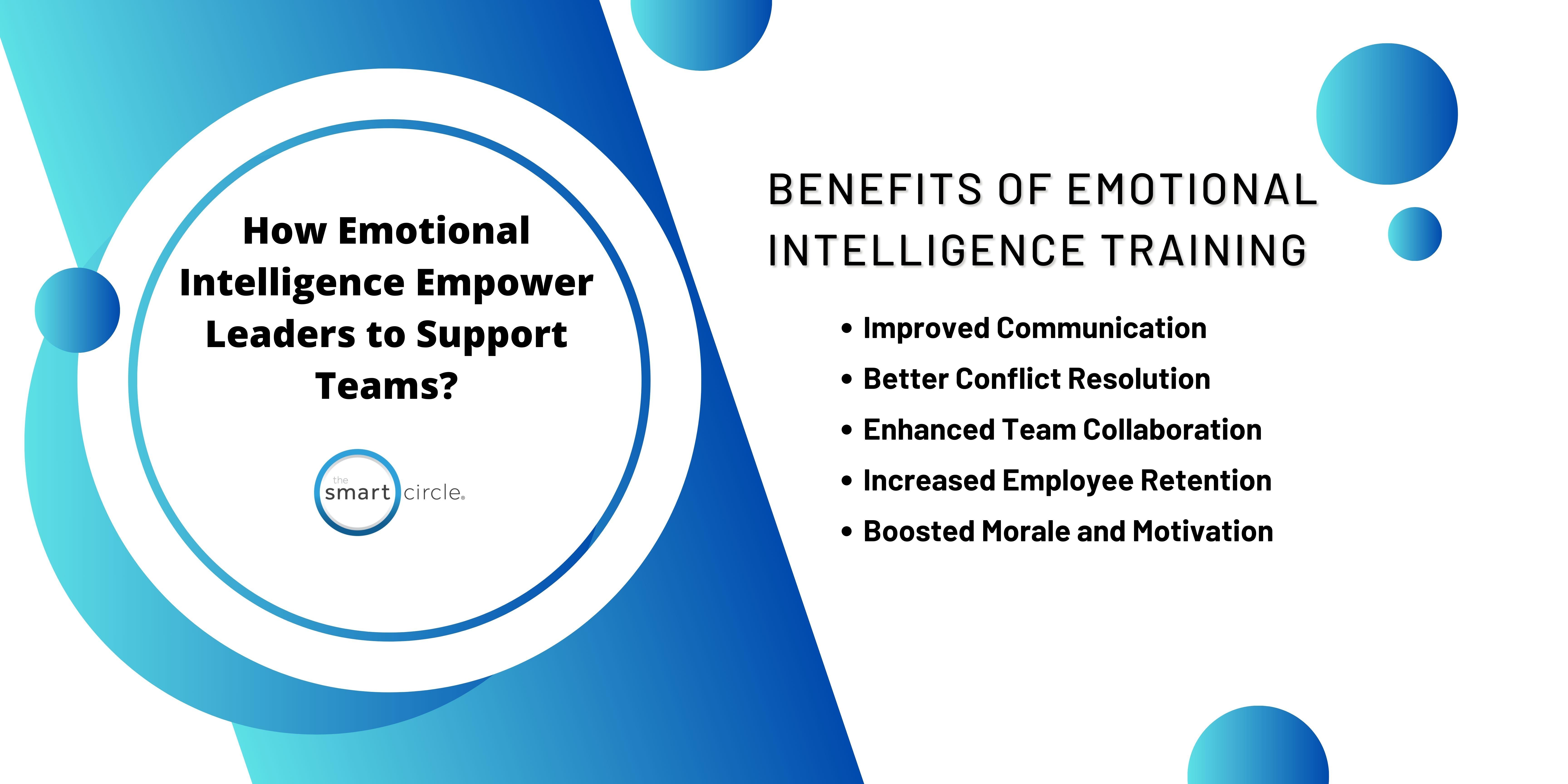In an increasingly interconnected world, the ability to lead and engage socially has become paramount not only for adults but also for children. Cultivating these skills from a young age can set the foundation for future success and well-being. This article delves into the most effective strategies for nurturing leadership and social skills in children, drawing on a blend of psychological research, educational methodologies, and real-world applications. By examining these approaches, we aim to equip parents, educators, and mentors with the tools necessary to foster environments where children can thrive as confident leaders and empathetic communicators. Through an analytical lens, we will explore how structured activities, role modeling, and experiential learning can transform potential into proficiency, ensuring that the leaders of tomorrow are prepared to navigate and shape the complexities of the future.
Fostering Emotional Intelligence for Effective Leadership
Developing emotional intelligence in children is crucial for nurturing future leaders who can effectively navigate social complexities and inspire others. One effective strategy is to encourage empathy through role-playing activities. This allows children to experience different perspectives and understand the emotions of others, fostering a deep sense of connection and emotional insight. By simulating real-life scenarios, children learn to navigate diverse social interactions, enhancing their ability to lead with compassion and understanding.
Additionally, promoting open communication and active listening can significantly enhance a child’s leadership capabilities. Encourage children to express their thoughts and feelings openly, while also teaching them to listen attentively to others. This practice not only boosts their confidence but also equips them with the skills needed to mediate conflicts and build consensus. Creating a safe space where children feel heard and valued lays the foundation for developing effective communication skills, which are essential for leadership and social success.

Enhancing Communication Skills Through Interactive Play
Interactive play serves as a dynamic platform for children to cultivate essential communication skills, pivotal for effective leadership and social interaction. By engaging in activities that require collaboration and problem-solving, children learn to articulate their thoughts clearly and listen actively to others. This process not only enhances verbal skills but also promotes non-verbal communication, such as reading body language and understanding social cues. Interactive games like role-playing or team-based challenges encourage children to express their ideas and negotiate roles, fostering a sense of empathy and mutual respect.
Incorporating interactive play into daily routines can be as simple as organizing group storytelling sessions, where children take turns adding to a narrative, or setting up obstacle courses that require teamwork to complete. These activities build confidence and teach children the value of diverse perspectives. By engaging in such immersive experiences, children develop a robust foundation of communication skills that not only prepare them for leadership roles but also enhance their ability to build and maintain meaningful relationships.

Cultivating Decision-Making Abilities in Everyday Situations
Empowering children to make decisions is a cornerstone of developing strong leadership and social skills. By integrating decision-making exercises into everyday scenarios, children learn to weigh options, consider consequences, and take responsibility for their choices. Start by encouraging children to make small decisions, such as choosing their outfit for the day or selecting a book to read. As they grow more confident, introduce more complex situations that require critical thinking, like planning a family outing or resolving minor conflicts with peers. These activities not only foster independence but also teach valuable problem-solving skills.
- Model Decision-Making: Demonstrate your own thought process when making decisions. Explain why you choose one option over another, highlighting both the benefits and potential drawbacks.
- Encourage Reflection: After a decision is made, guide children to reflect on the outcome. Discuss what went well and what could be improved next time, reinforcing the idea that mistakes are opportunities for learning.
- Create a Safe Environment: Ensure that children feel safe to express their thoughts and opinions without fear of judgment. This environment fosters open communication and encourages children to trust their instincts.

Building Empathy and Understanding Through Community Engagement
Encouraging children to participate in community activities is a powerful way to cultivate essential leadership and social skills. By engaging in projects that require collaboration and communication, children learn to navigate diverse perspectives and build empathy. This not only enhances their understanding of others but also helps them develop critical problem-solving skills. Through active involvement, they experience firsthand the value of teamwork and the importance of considering the needs and feelings of those around them.
- Volunteer Opportunities: Involve children in local charity events or environmental clean-ups. These activities teach responsibility and the impact of collective effort.
- Group Activities: Encourage participation in clubs or sports teams. These settings provide a structured environment for learning cooperation and leadership.
- Mentorship Programs: Pair children with mentors to guide them in understanding community dynamics and personal growth.
These experiences are invaluable in shaping young minds to become empathetic leaders who are well-equipped to handle the complexities of modern society. By integrating these activities into their lives, children can develop a profound sense of community and social responsibility.



